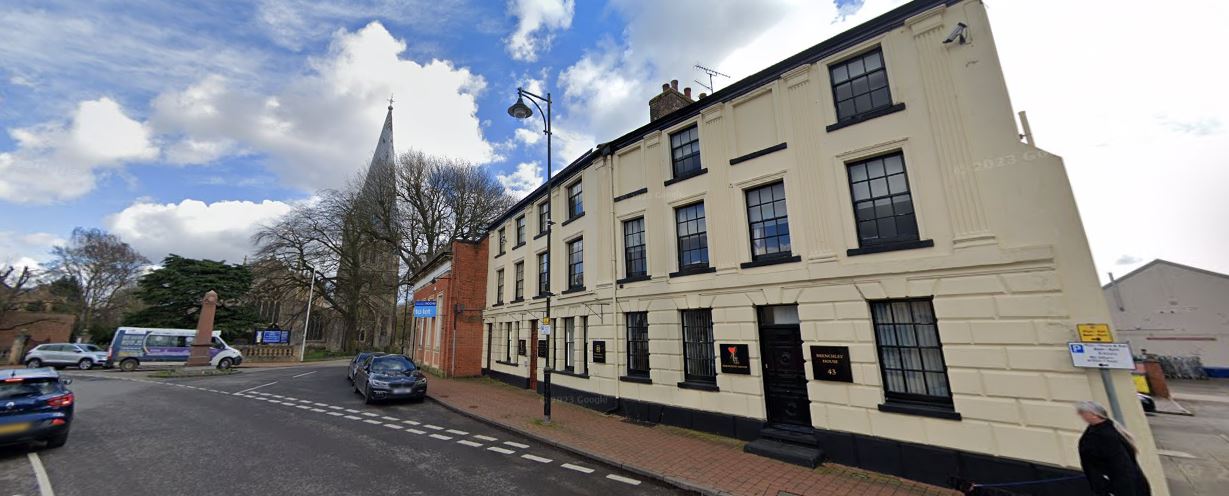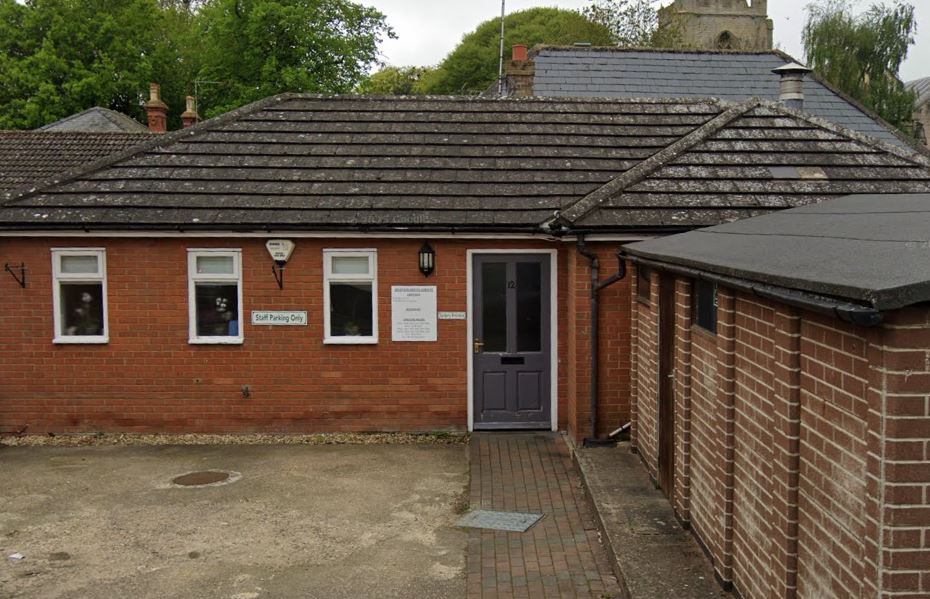John Hayter is right. Myths and misinformation do abound in the debate on EU membership. He and UKIP are responsible for peddling most but not all of these myths.
Jobs in Britain’s traditional industries, coal, steel, shipbuilding, textiles and heavy engineering were lost in the 60s and 70s, well before the influx of migrant workers from the EU. British products were poorly designed, poorly manufactured, unreliable and expensive. Industrial relations in British industry were appalling, productivity was then, and is still, almost the worst in the G20 richest countries.
Workers in the USA, Germany and France are respectively 25 per cent, 18 per cent and 13 per cent more productive than British workers. Low productivity depresses wages. There is little evidence that migrant workers depress wages. They do the jobs the native workers don’t want to do. The repetitive, physically demanding, working flexible and unsociable hours in an uncongenial working environment with piecework bonuses.
Forty four per cent of the UK’s export of trade goods is with Europe. Only ten per cent of the EU’s total goods are sold into Britain. So Mr Hayter, who do you think has the greater bargaining power?
The Common Market in 1957 was a customs union which abolished internal tariff barriers but created external trade barriers to protect EU industry from the USA’s technological, industrial, commercial and financial dominance which was holding back EU recovery from WW2. For not entirely altruistic motives the USA helped create NATO to protect Europe from aggressive Soviet military dominance.
Low paid jobs subsidised by the state are a drain on the public finances which largely benefited British workers.
Mr Hayter, open your eyes and mind to observe the emerging 4th Industrial Revolution. The consensus among economists is that the fusion of human and artificial intelligence with robotics will create one million high skilled high productivity jobs but displace some three million routine clerical, administrative, retail and transport employment opportunities by 2025 and some 60 per cent of retail jobs by 2035 (Ernst Young and Deloitte research).
Online retailing and banking, self check-out and contactless payment via smartphones. The London Docklands Light Railway has never employed any drivers and driverless cars will appear.
The UK’s problem will be the drying up of employment opportunities.
The EU needs reform and progress on achieving reform will be a long, drawn out democratic process.
The realisation that more integration is not necessarily the solution is growing among the people of Europe.
Britain is recognised as having considerable influence. Over 90 per cent of the time Britain votes with the majority. British Parliament initiates on average 87 per cent of work of our parliament (House of Commons library).
Under the terms of the European Communities Act 1972 regulations and directives coming from the commission are automatically embodied in and given precedence over UK law but any emerging regulation can and should be considered by and publicised prior to British Consent in Brussels being authorised. Don’t blame the Commission, blame MPs.
Outers exaggerate the lack of democracy in the EU. Britain does not always get its way. Across Europe it is difficult for a government not supported by a majority of the electorate who voted to govern. Only twice since 1900 have the British electorate by a clear majority of the votes cast supported a government.
Six out of every ten voters do not support the current government. Quentin Hogg, 2nd Lord Hailsham, correctly described the British Constitution as an elected dictatorship.
So Mr Hayter, where is the democratic deficit? In London or the EU.
Paul Walls
Spalding






